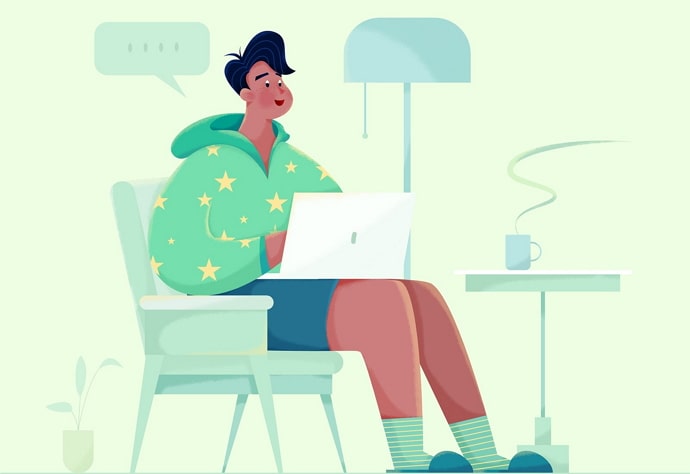Facebook, Twitter, and LinkedIn are part of people’s everyday lives. Holding no online accounts today is like choosing to stay away from society. The impact of social media on the modern world is quite evident. It changed how we communicate, share information, and perceive everything. This cultural phenomenon especially affects the academic population. After all, most social networks started as platforms for connecting students. Pupils appear to spend more time on their phones than doing anything else. Maybe it’s an example of technology going too far and taking over our lives.

Positive Effect of Social Media on Academic Performance
Networking always allows people to share thoughts and ideas. Many social media help students explore any given topic or exchange information. Researching homework or doing essay papers is more convenient for sure. Likewise, joining student groups or LinkedIn networks is another sample of connecting, finding tutorship, apprenticeship, or a freelance writer job easier. So, creating a piece about virtual life is easy for students. But you can write more about social media using free essay examples at PapersOwl for inspiration. Don’t miss the opportunity to improve your academic performance by learning something new with professional resources.
Students join forums, panels, or discussions that transcend traditional education nowadays. Available platforms can even replace college classes regarding quality, value, and feedback. That’s the biggest strength of online platforms. College students who use social media tools show better academic results, especially if their field of study is unique. Joining discussions and exchanging information puts any student into the flow state of mind. There’s no need for trial and error when having dozens of peers to back you up. By accurately using social groups and accounts, each student can improve their performance by:
- Finding reliable information.
- Exchange ideas and opinions with fellow peers.
- Checking facts and solutions.
- Get into the flow state of mind.
- Grow a network of followers, tutors, or business colleagues.
Negative Impact of Social Media on Students
Despite many positive incentives, the influence of social media isn’t always good. Finding help regarding a research paper is fine, while toxic comments, cyberbullying, or fake news are not. There’s no list of problematic social media. Anyone of them is a possible source of the aforementioned troubles. The negative effects of social media include spending too much time scrolling Instagram feeds or getting lost in this fake digital world. Building one’s confidence and image on high expectations usually backfires. It’s a controversial topic, but to protect mental health on social media, any student should be aware of the potential risks caused by cyberbullying, fake news, trolling, cancel culture, and lack of privacy.
Social Media Literacy and Responsible Use
Introducing social networks was a big experiment that is still ongoing. Humans have reached a point where using certain technology isn’t a choice but a requirement. Surviving in our modern world without Internet literacy condemns anyone to isolation. First, each student has to employ some critical thinking and distinguish fake from real information. They also have to limit screen time to avoid possible addiction. Sharing sensitive content is a huge no-no in today’s online community. Arranging privacy settings and keeping passwords hidden is a responsible use as well. And just don’t be an Internet troll.
Social Connections and Networking
Each student’s online presence creates a virtual identity. They build their image of skills and education portfolios for everyone to see. Today’s social media for students is what a network of friends used to be three decades ago. Our friendships became virtual. However, there’s almost unlimited opportunity to reach and meet new contacts. Also, develop fruitful casual or business connections.
Balancing Social Media and Academic Life
In today’s digital age, the integration of social media into our lives is a challenge, especially for students aiming to maintain a balance between their academic pursuits and their online presence. The discussion around balancing social media and academic life is not about demonizing these platforms but rather about fostering a healthy relationship with them.
On one hand, social media can be a valuable tool for students. It offers access to information, fosters networking opportunities, and can even serve as a creative outlet. However, the line between productive engagement and distraction can be thin. Effective time management involves setting clear boundaries, designating specific periods for academic tasks, and mindful use of social media.
In conclusion, the ability to balance social media and academic life is a skill that can significantly impact a student’s success and overall well-being. It’s a journey of self-discovery, discipline, and adaptability. When wielded thoughtfully, social media can complement academic endeavors, helping students thrive in a connected world while achieving their educational goals.

 Bitcoin
Bitcoin  Ethereum
Ethereum  Tether
Tether  XRP
XRP  Solana
Solana  USDC
USDC  Lido Staked Ether
Lido Staked Ether  TRON
TRON  Dogecoin
Dogecoin